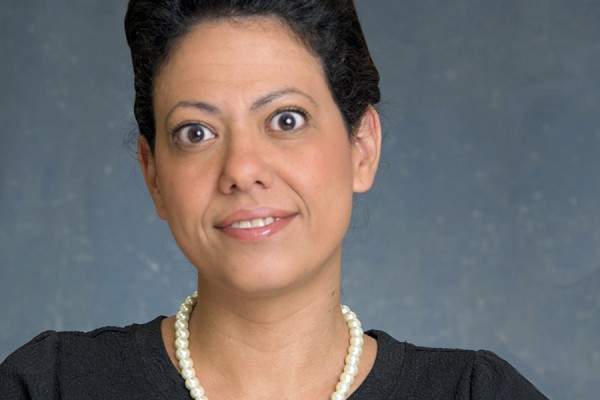 Natalie Delia Deckard has received a research grant to do follow-up interviews with Latino immigrants in Atlanta.
Natalie Delia Deckard has received a research grant to do follow-up interviews with Latino immigrants in Atlanta.
How has life changed for middle-class immigrants from Mexico and the Dominican Republic since Donald Trump was elected?
A UWindsor criminology professor has set out to answer that question by interviewing Latin American immigrants she first interviewed as part of a National Science Foundation study from 2009 to 2015.
“The expectation is they are making different choices now that people are suspicious of them,” said Natalie Delia Deckard.
Dr. Deckard is teaming up with her former dissertation advisor, Irene Browne of Emory University in Atlanta, on the research project. Dr. Browne and Deckard have received a US $36,200 grant from the Russell Sage Foundation, an American organization established in 1907 to fund social science research as a way to improve social policy in the United States.
The research involves 30 immigrant families. The goal is to find out how they make mobility decisions, like why they chose the neighbourhoods where they live and how they picked their children’s schools.
The interview subjects are all documented immigrants with “educational, class, and financial capital,” Deckard said. The research will investigate the degree to which their legal status and professional credentials may lead these immigrants to distance themselves from the lower-class Latinos vilified in the current political rhetoric, or conversely, how their shared ethnic identity may be more tightly binding Latinos, regardless of class, in these times of increased stigmatization.
“When Trump got elected, there was a change in who is understood to be a criminal,” said Deckard. “All Latinos, regardless of their immigration or social status, are painted with the same brush of bigotry.”
Deckard is hoping to conduct interviews in Atlanta once the Canada-US border reopens and it’s safe to travel.
—Sarah Sacheli
